The canons of the church give exclusive authority over the fiscal affairs of the parish to the vestry. But vestry members are also spiritual leaders who are committed to building up the Body of Christ so that it can be an effective instrument of mission and ministry in the world.
Deprecated: Function wp_make_content_images_responsive is deprecated since version 5.5.0! Use wp_filter_content_tags() instead. in /home/fezprtn849g1/public_html/wp-includes/functions.php on line 5383
The Vestry

St. Paul’s 2023 Vestry is: Uso Sayers (Sr. Warden), David Getachew Smith, Jan Bruce-Brookes, Diahann Young, Joy Yancy Jones, Melissa Coleman, Erica Singleton (Jr. Warden), Dennis Lloyd, Louis Lord, Melba Arnold, Robert Martin.
VESTRY QUALIFICATIONS & OFFICES
To be elected to the vestry, one must: Be a confirmed member of the Episcopal Church enrolled as a member of the parish, 18 years of age or older. Have been regular in attendance at the services of the church in the year preceding election. Made and maintained a financial commitment to the parish, known to the treasurer, in the year preceding election. These are qualifications not only for election but for continued service on the vestry. A vestry member should lead the way in participation in the worship life and financial support of the parish. A sample job description is found in the Appendix.
TERMS OF OFFICE
The term of a vestry member is for three years, and a vestry member is not eligible for re-election in the year following the expiration of his or her term. A vestry may have not less than three nor more than 21 members. Congregations with more than 600 members may have up to 30 members on the vestry. Some very small congregations have the minimum number allowed by the canons. Since a vestry is a working body, even large congregations should not have a vestry so large as to be unwieldy. Twelve is an ideal number; fifteen is a bit awkward, and anything larger is difficult to form into a working body.
THE SENIOR WARDEN
The Senior Warden may be appointed by the rector, or elected by the vestry. In most parishes the rector makes the appointment. The senior warden is traditionally the “rector’s warden” and should be someone who is an enthusiastic supporter and co-worker with the rector.
THE JUNIOR WARDEN
The Junior Warden is elected by the vestry, and works closely with the rector and senior warden in providing overall leadership of the parish. The junior warden may, by custom, be responsible for property management and maintenance as chair or work with the head of the property committee.
THE CLERK (SECRETARY)
The Clerk, or Secretary, of the vestry is elected by the vestry and need not be a member of that body.
THE TREASURER
The Treasurer is elected by the vestry and need not be a vestry member. As with all offices, the treasurer should serve a specific term, e.g., three years. Treasurers do not control parish finances, but are stewards who serve under the direction of the vestry.
Most vestries have an Executive Board of the Vestry, empowered to act on behalf of the vestry in emergencies.
The vestry also elects delegates to the Annual Council. The number of delegates is determined by the size of the congregation as set forth in the constitution of the diocese. Any member of the parish may serve as a delegate. Many vestries elect delegates to serve one, two and three years so that their delegation to council will have continuity. Delegates to Annual Council are not elected by the congregation.
MEETINGS
The vestry usually meets once a month, and sometimes takes a month off during the summer. The canon law of the diocese requires that vestries meet at least six times a year. The rector may call a special meeting or such a meeting may be called by a majority of the vestry in writing. The reason for the special meeting must be specified in the notice. If the parish is without a rector, the senior warden may call a special meeting. The rector presides at all vestry meetings but may, in special cases, delegate that responsibility to the senior warden. However, since the primary role of the rector is to preside at the Eucharist and over the spiritual life of the parish, the rector should be the presiding officer at vestry meetings. When the annual compensation of the rector is being considered, it is appropriate for the rector to ask the senior warden to preside and to leave the room so that the vestry can freely discuss compensation for the coming year. In the event of a vacancy in the office of rector, the senior warden presides.
COMMITTEES
The vestry is usually organized into committees or commissions. These may include finance, education, property, evangelism, mission or outreach, stewardship, parish life and worship. At least one member of the vestry serves on each of these committees, but the chair of the committee need not be a vestry person.
Every vestry organization should be constructed so as to serve the mission of the congregation. Not all vestry organizations, therefore, will follow the same pattern. In smaller congregations such a committee structure may not be possible or desirable, and the vestry may function as a committee of the whole.
